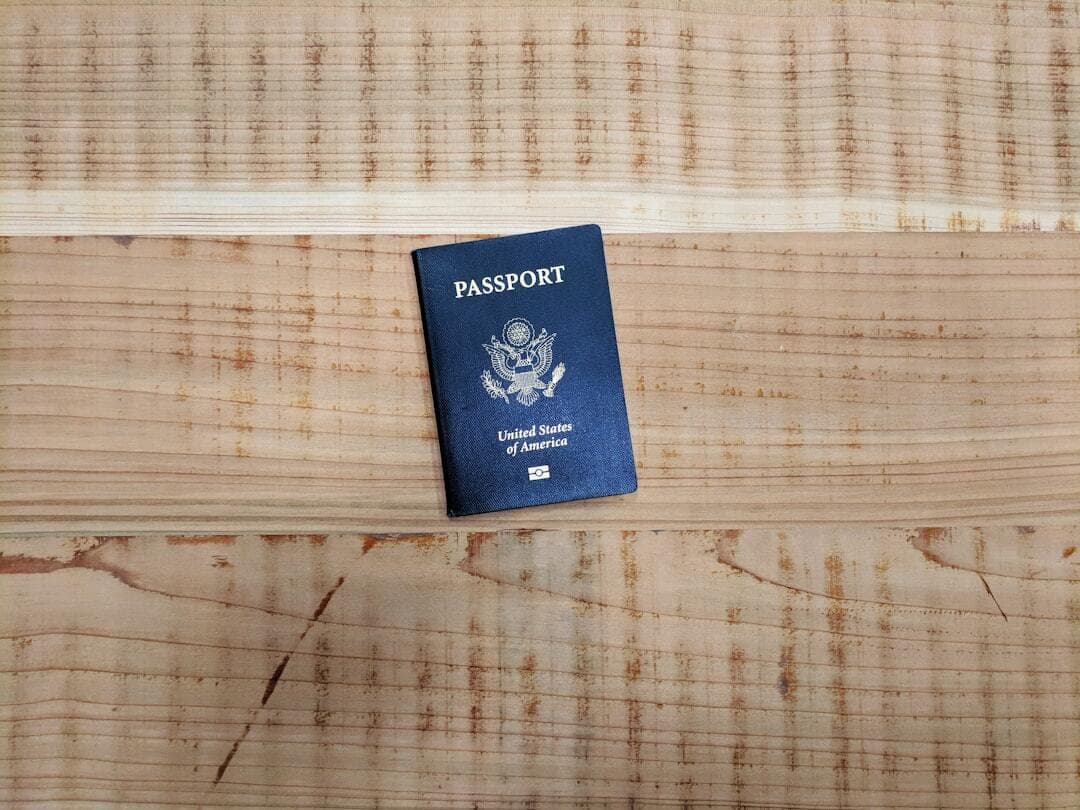Requirements and Steps to Obtain Residency Through the Consular Process: A Detailed Guide
This guide covers the family relationship requirements, necessary financial capacity, the steps of the process, and the importance of legal advice during the process.
Introduction to the Consular Process for Obtaining Residency
The consular process for obtaining residency is a crucial path for those wishing to legally settle in the United States through a Family Petition. Understanding this process in detail is essential, as approximately 16.2 million people face difficulties in obtaining legal status due to the complexity of immigration laws. This process involves a series of steps that require preparation and knowledge to navigate confidently and avoid potential complications.
It’s important to note that the consular process for obtaining residency requires meticulous planning and the submission of precise documentation. For example, proof of family relationships such as marriage certificates, birth certificates, and other documents are required to demonstrate necessary family ties. Additionally, financial capacity to sustain oneself during residency must be demonstrated, which may involve submitting proof of income, financial assets, and other relevant documents. There are also special categories of immigrants, such as religious workers or abuse victims, who must meet specific requirements to obtain residency through this process.
Requirements for Obtaining Residency Through the Consular Process
The requirements for obtaining residency through the consular process are fundamental and must be met meticulously. In addition to presenting proof of family relationships, such as marriage certificates and birth certificates, demonstrating the financial capacity to sustain oneself during the residency period in the United States is crucial. For instance, when applying for residency through a family petition, clear and verifiable evidence of the family relationship, such as family photographs, identity documents, and any other evidence supporting the family bond, must be provided.
In addition to family requirements, there are special categories of immigrants who also must meet specific requirements to obtain residency through the consular process. For example, religious workers seeking permanent residency must demonstrate their status as recognized religious leaders and the need for their presence in the United States to carry out specific religious activities. Similarly, abuse victims seeking residency must present compelling evidence of their situation and meet the established requirements to be eligible for permanent resident status through the consular process. Understanding and meeting all specific requirements for each immigrant category is crucial for ensuring a successful residency application through the consular process.
Steps in the Consular Process for Obtaining Residency
The consular process for obtaining residency involves a series of fundamental steps that applicants must meticulously follow. Initially, after a notification of the decision by USCIS is given to the petitioner, the process advances with payment of fees and submission of the required documentation to the National Visa Center (NVC). It’s essential to highlight that documentation submission must be precise and complete to avoid delays in the process.
Once the initial stages are completed, the next step involves waiting for the scheduled times for consular interviews and final approval of residency. During the consular interviews, officials will evaluate eligibility and the accuracy of the provided information, so it is crucial to be well-prepared. The wait times for these interviews can vary, from weeks to months, depending on various factors. Therefore, patience and meticulous preparation are key for this crucial process in the applicants’ lives.
Crucial Health Exams in the Consular Process
During the consular process for obtaining residency, fundamental health exams are required to ensure that applicants do not pose a risk to public health in the United States. These medical exams can include tests for contagious diseases like tuberculosis and COVID-19, as well as detailed physical evaluations and laboratory analysis.
It’s important to note that health exams in the consular process focus not only on detecting contagious diseases but also on assessing the general health of applicants to ensure they do not have medical conditions that could burden the U.S. health system. For example, additional tests may be required based on the applicant’s age and medical history, such as cardiac evaluations or chronic disease screenings.
Additionally, it is essential that applicants undergo these medical exams with health providers approved by the U.S. consulate or embassy to ensure the validity and accuracy of the results. Complete documentation of the health exams is crucial for the consular process, as any omission or error in medical reports could delay the approval of permanent residency. Therefore, carefully following the provided instructions for health exams and ensuring that all medical requirements are completed are essential steps for a successful consular process application.
Importance of Legal Advice During the Consular Process
The importance of consulting with an immigration lawyer during the consular process lies in the complexity of U.S. immigration laws and the need for specialized advice to navigate them effectively. An experienced lawyer in this field can provide a deep understanding of the legal requirements and procedures involved in the consular process for obtaining residency. For example, in cases where proving family relationships for residency application is required, a specialized lawyer can advise on the specific documents needed, such as marriage certificates or birth certificates, and ensure that they are properly submitted to avoid delays or potential rejections.
Furthermore, legal advice during the consular process can be crucial for addressing unexpected situations or challenges that may arise. For instance, if complex questions about migration history are raised during the consular interview or certain aspects need clarification, an expert immigration lawyer can provide immediate assistance and ensure that the necessary information is provided accurately and legally. In summary, specialized legal assistance not only offers peace of mind and confidence to applicants but also maximizes the chances of success in obtaining residency through the consular process.
